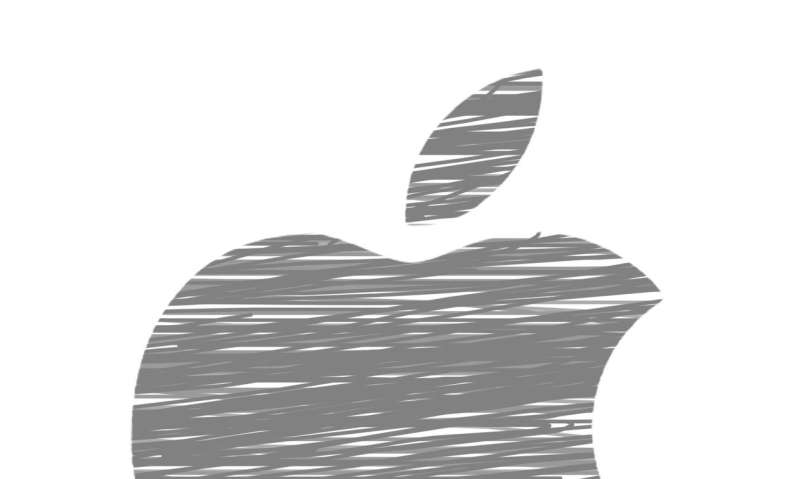Apple removing or restricting apps for controlling screen time

Apple's removal of nearly a dozen apps that help users manage screen time raises questions about the company's dominance and its commitment to helping people stay off their iPhones amid concerns about the negative effects of smartphones, including on children, according to a new report.
The report by the New York Times came just days after Apple CEO Tim Cook said at the Time 100 Summit that his company "has never wanted to maximize user time" because it's "not motivated from a business or values point of view" to do so.
That's not what developers who have had their apps removed or severely restricted say. They complained to the Times that after Apple released its own screen-time tracker last September, the company began to crack down on similar apps. An Apple spokeswoman told the newspaper that the company is concerned that the apps were accessing too much customer information.
In addition, Phil Schiller, Apple vice president for worldwide marketing, reiterated to customers that the company's crackdown is related to privacy concerns. The Times included a portion of Schiller's response in its story, and MacRumors published the response in its entirety.
Schiller said the apps Apple removed were using Mobile Device Management technology, which he said is meant to be used by companies to manage devices used by their employees, to access and control iPhone users' devices.
"No one, except you, should have unrestricted access to manage your child's device, know their location, track their app use, control their mail accounts, web surfing, camera use, network access, and even remotely erase their devices," Schiller said in an email to a customer.
The Times also noted that Apple is facing antitrust complaints from Kidslox and Qustodio, two popular parental-control apps, in Europe. The company is facing other accusations of abusing its App Store's dominance, such as Spotify complaining to European regulators that Apple gave its Apple Music service an unfair advantage over it in the music-streaming world. In the United States, politicians and others have raised concerns about tech giants' dominance. Sen. Elizabeth Warren, the Massachusetts Democrat running for president, thinks Apple should be separated from its App Store as part of her push to rein in tech companies.
An iPhone user quoted by the Times said Apple's parental-control tools are not as good as the apps he preferred to use before they were forced to remove key features. And Tony Fadell, the co-creator of the iPhone who is no longer at Apple, weighed in on Twitter, including in his comments a dig at Apple's response to the report: "Apple's Screen Time still has many holes & deficiencies. Their v1.0 solution was a rush job & it's very non-intuitive to use. Apple should be building true APIs for Screen Time so the 'privacy' concerns are taken into account instead of limiting users App Store choices."
Campaign for a Commercial-Free Childhood, a Boston-based advocacy group, called on Apple to work with app makers and others so parents can continue to have choices.
"Parents need as many tools in the toolbox for limiting screen time as possible," said Josh Grolin, executive director for the CCFC, said recently. "If it's true that Apple is eliminating the competition, that's extremely disappointing and another indication that vertically integrated Big Tech companies have far too much power."
©2019 The Mercury News (San Jose, Calif.)
Distributed by Tribune Content Agency, LLC.



















